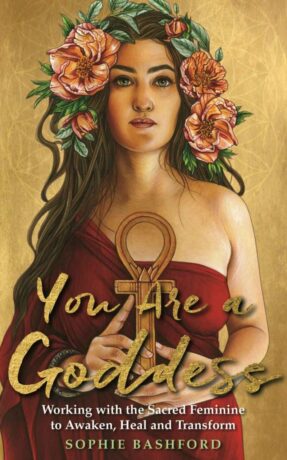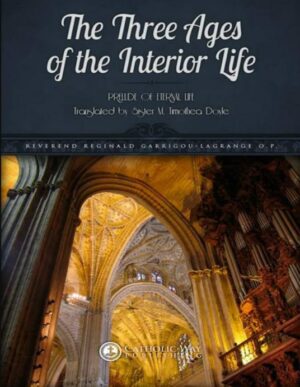Skip to content
Magick Matters
"An intense desire for physical sexual contact, just like any other intense and passionate desire, is potent creative energy seeking expression or outlet.
That self-same creative potency projecting as tumultuous sex drive or sexual energy can become Intellectual energy, Money energy, Political energy, Professional energy, Sports energy, Spiritual energy, Business energy or whatever type of energy you need at any point in time.
Sex, the carnal root of Man’s generation, can be the source of his degeneration, yet holds the key to his regeneration. When properly harnessed, the primordial powers of sex and its creative essences that initiate all earthly existence can be used to achieve anything you want. This book tells you how. A must-read...>>





